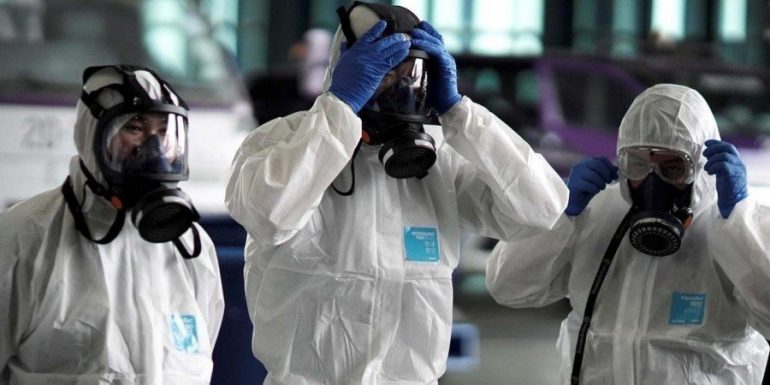The second wave of the new coronavirus in the winter could cost the lives of 120.000 people in UK hospitals based on the "worst case scenario" if not prepared properly, according to a study by the Academy of Medical Sciences published today.
"This is not a prediction, this is a possibility," said Professor Steven Holgate, who led the study of 37 experts requested by Prime Minister Boris Johnson's Conservative government in a press release accompanying the report.
The text warns that "intensive preparation" is needed now to reduce the risk of the British National Health System (NHS) being saturated in winter.
Some research raises fears that the coronavirus pandemic - which has claimed the lives of nearly 45.000 people in the UK, the country hardest hit by Europe - is spreading faster during cold weather.
Although the report points out that there is a "high degree of uncertainty" about the development of the coronavirus pandemic, the "worst case scenario" for which the Academy of Medical Sciences calls on the government to prepare is that the so-called R0, ie the degree of transmissibility of the disease COVID-19, will amount to 1,7 from September. This index, which corresponds to the average number of people infected by each carrier of SARS-CoV-2, is currently between 0,7 and 0,9 in the country.
Models based on this or similar scenarios conclude that the peak of deaths and hospital admissions in January and February 2021 will be "similar or worse" to that of the first wave. Worse, it will coincide with a time when hospitalization is high due to seasonal illnesses.
According to the worst case scenario of the Academy of Medical Sciences, deaths due to COVID-19 in hospitals could reach 119.900. However, this assessment does not take into account government actions and initiatives to reduce the contagiousness of the disease, nor the use of dexamethasone, a steroid that allows to reduce the mortality rate among patients who are in a more serious condition, the authors reassure.
The authors of the study suggest that an information and public awareness campaign be organized as well as special recommendations be made to those who belong to the most vulnerable groups. They call for increased capacity to conduct tests and prevent cases of severe influenza with the widest possible vaccination, especially for those in high-risk groups and for medical and nursing staff.
Source: Sigmalive
